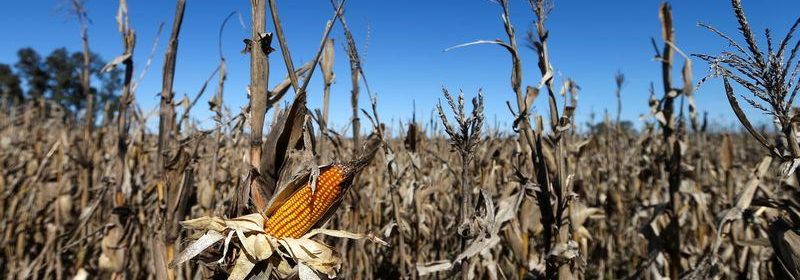Argentina says corn exports are 'open' despite new international sales policy

BUENOS AIRES (Reuters) – Argentina’s corn export market remains “open” despite a new government policy that prioritizes crops that are already harvested over forward sales of the upcoming 2021/22 crop, a statement issued by the agriculture ministry said on Tuesday.
The 2021/22 crop is currently being planted, and the government wants to sell more of last season’s corn before approving exports of the upcoming crop, which will not start to be harvested for another five months.
Of the 55 million tonnes of corn expected by the Buenos Aires Grains Exchange to be harvested next season, a record 38.5 million have been sold, according to government data.
“Argentina is heading to export a historical volume of corn, higher than any previous one,” the statement said.
“Exports are open,” it added.
The CIARA-CEC chamber of export companies with operations in the world’s No. 2 corn exporting country said on Tuesday that the new policy did not mark a closing of exports but rather a move to prioritize already-harvested corn for international sale.
The ministry “has the authority to” regulate the market in this way, CIARA-CEC chief Gustavo Idigoras told Reuters.
Farmers however called the policy an unnecessary intervention. Pablo Ginestet, a grower in the bread-basket province of Buenos Aires, said higher costs, including a jump in fertilizer prices, have spurred farmers to sell more corn in the futures market.
“Costs are much higher and this kind of market intervention generates a lot of distrust,” Ginestet, an official with the local CARBAP farmers union, told Reuters on Monday.
He and other growers said they believe the government is using the policy in a bid to control increases in domestic food prices ahead of the November congressional election. Argentine inflation is running at almost 50% annually, as the economy pulls out of a long recession exacerbated by COVID-19.
Source: Read Full Article
